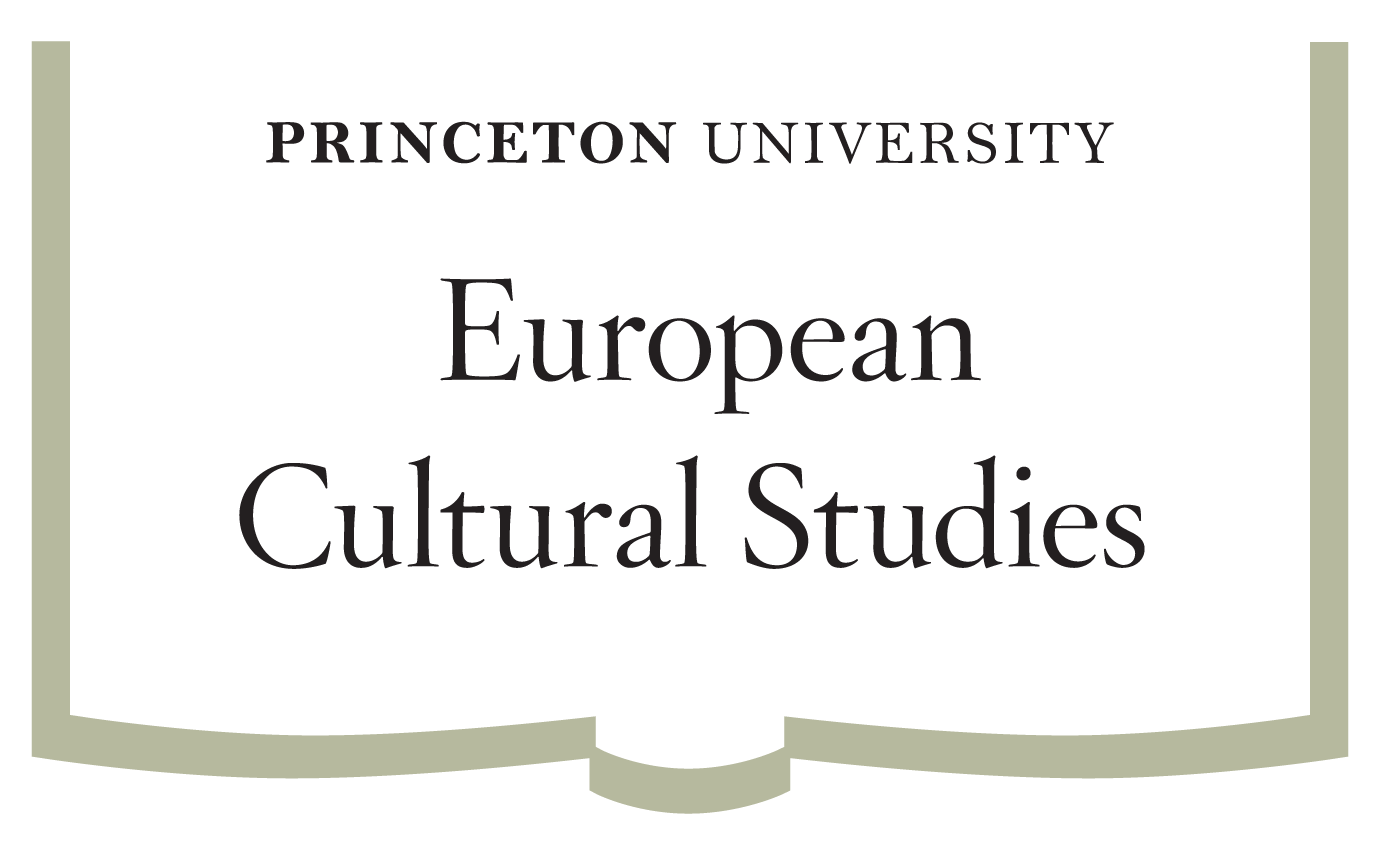“We forget how small the area of Europe is compared with the rest of the world,” Charles Darwin reminded his readers before commenting on migrations from the so-called new world of North and South America to the older European continent, and equating “the present condition of the Malay Archipelago with numerous large islands separated by wide and shallow seas” with “the former state of Europe.” Darwin’s focus was on the vast tracts of time before the emergence of man, on the intercontinental movements of hulking animals and primitive plants, and on the inconvenient gaps in the geological record of that unimaginably remote world. But those basic concerns, scaled down to manageable proportions, populated with human protagonists, and reinforced with the rich archives of the recent past, remain with us today. What circumstances explain the impact of undersized Europe on the rest of the world from early modernity through the present day? What are the facts and fictions that sustain European identity? Is the geophysical notion of the continent a temporary, anachronistic, or even irrelevant unit of analysis in the global age?
ECS 301, Turning Points in European Culture, is devoted to pivotal moments in Europe’s recent past, starting from the dramatic events of the Renaissance and running up to its equally volatile present. It will be co-taught by Professors Spyros Papapetros (ARC) and Eileen Reeves (COM), and will trace that trajectory through a broad, multidisciplinary approach. Guest lecturers will concentrate on particular junctures in European arts, politics, philosophy, and history, and on the durable, though often obscured, connections between these developments. Topics will include image-making in an iconoclastic age, the unexpected birth of opera, fictions of telescopic vision, accounts of inequality in the Enlightenment, the metrics and meter of modern life, Marx and his critics, social Darwinism, the foundation of psychoanalysis and the discovery of the unconscious, the afterlives of antiquity and animism in European modernity, the origins of totalitarianism, and xenophobia and xenophilia in contemporary Europe. ECS 301 serves as the core course for the Program in European Cultural Studies and for the Program in Contemporary European Politics and Society.













